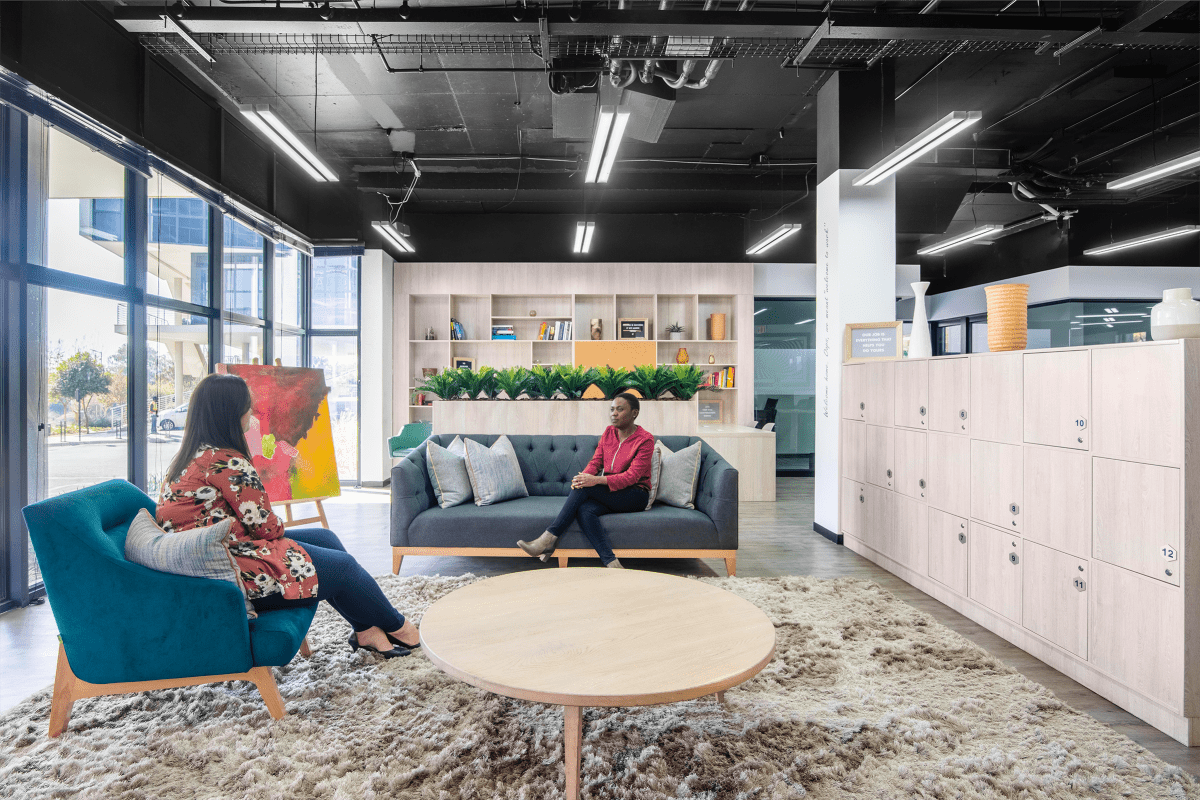Buildings vs Brexit: a new report shows how flexspace is on the rise
From ordering something for dinner to booking a last-minute getaway, the on-demand economy has changed the way we live, work and play. Where a takeaway used to involve a trip to a local restaurant, a choice of apps now lists food from the four corners of the world in order of proximity to your front door – followed by the time it’ll take to get there. And high-street travel agents are becoming a thing of the past as their online equivalents compete to offer customers cost-friendly holidays at the tap of an app. This on-demand culture is having a profound effect on how we earn a living too – not just how we do it but also where we do it, as the latest Instant Offices UK research report shows.
According to the global online broker, “Flexible workspace has contributed to 35% of commercial property transactions over the past 12 months in London, despite only making up 6% of total office supply.” The knock-on effects of flexible jobs – also known as the gig economy – and flexible working are clearly having a big impact on the way we think about commercial real estate and managed offices, as the entire infrastructure of the working world is shifting to accommodate a new way of doing business.
The report continues: “There are now 6,075 flex space centres across the UK, having grown 7% over the last six months alone. In total, flex space (coworking, serviced offices and hybrid centres that offer both private offices and shared working) amounts to more than 85 million square feet of the UK office market.” What this means in practice is that there’s likely to be a coworking space or some other form of shared office space near you – whether you’re a property director in an established commercial concern or the founder of a startup.
According to John Duckworth, Instant Office’s UK and EMEA managing director, the growth in the availability of flexible workspace (flexspace) is in direct response to the requests of property directors. “It has been a remarkable year for flex space as we start to see a proliferation of choice, with client demand forcing operators and landlords to aggressively evolve their models to differentiate and specialise,” he says of a market on the cusp of massive change.
But what’s behind it? The Fourth Industrial Revolution certainly has its part to play, as this article from the World Economic Forum’s founder and executive chairman, Klaus Schwab, explains. Wireless technology means people can now essentially work from wherever there’s a signal (all that’s really needed is a laptop and a power supply), which in turn reduces the need for a central location in which employees need to gather. In tandem with this newfound freedom comes an increasing sense of empowerment: employees are less likely to endure travelling long distances for work, and savvy employers who want to attract top talent are realising that.
Another factor – in the UK at least – is the dreaded B-word: Brexit. With political uncertainty looming over the economic landscape, many businesses are refraining from making long-term decisions – and that includes the impact the diplomatic impasse is having on commercial real estate. The benefits of flexible, serviced-office space, in which everything is managed for you (think short-term contracts, no cleaning or maintenance responsibilities, and the option to scale up or down as demand dictates), are clear to see.
One possibly surprising finding in the report concerns market penetration. Despite its increasing popularity – and rapid growth – coworking and flexspace accounts for just 4% of “total office supply” in the UK to date. So what conclusions can we draw from this? Firstly, that this is a fledgling industry in which the possibilities for the way we think about property is completely up for debate. And secondly, that the ball is in the property director’s court. Just don’t mention the B-word.
Read the Instant Offices Research Report 2019 in full today






